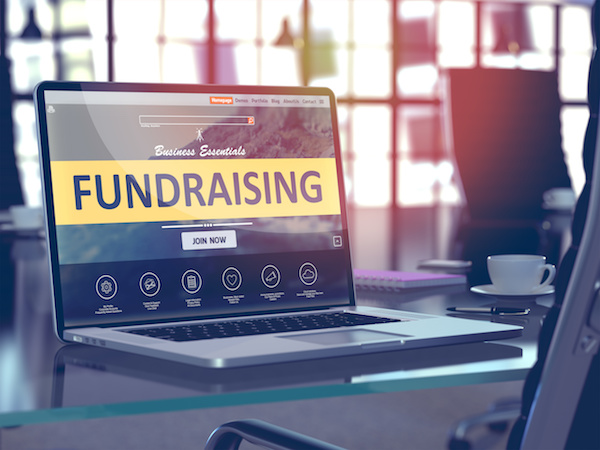[ad_1]

by Galiano Tiramani, co-founder of Boxabl
Like any operating business participating in the chaos of the COVID-19 market, early stage tech startups have been dealt a tough hand through 2020. Establishing a startup and expanding at a time like this brings intense opportunities and intense challenges. Consumer needs are urgent and ever-changing, creating massive upside for companies that are able to identify and usher in new answers to new and important questions. But for startups, both survival and expansion require real capital, and the task of raising funds under such staggering volatility is enough to keep any founder up at night — banks are growing more risk averse, friends and family might be less motivated to make initial supporting investments, and founders themselves are not immune to the financial safeguard instinct.
Despite surface level bleakness, it’s worth understanding the reality of venture capital under COVID-19 conditions. The numbers available through the last three quarters of 2020 tell a different and more hopeful story. A December report by Tooploox analyzed data from Crunchbase to represent trends in venture capital funding throughout the economic recession. First, the numbers showed clearly that the amount of investments by VC funds significantly dropped in April and May when compared to the same period in 2019.
However, two more findings were relevant, and seemingly counter-intuitive. Crunchbase’s data showed that the overall value of the investments was unaffected by the recession, with April and May of 2020 looking very similar to that of 2019. Further, the average value of single investments skyrocketed this year, almost twice that of the average in 2019 over the two months tracked. Put simply, this data shows that while VC funds are making investments less frequently, they’re going all in when they find the right fit.
It’s overwhelmingly good news, especially for the founders that believe they have a real solution or product for the nuances of our time. While winning attention from investors might remain challenging, it seems clear that the capital exists in the market, and the benefits of finding the right fit are outsized. It will be a long and winding road, but frontier founders will no doubt take the above data as a green light.
Making It Happen: Pandemic-Proof Fundraising.
A clear direction, backed with meaningful metrics, has always been a must when it comes to winning an investor’s support. The ongoing pandemic makes that all the more important—early stage founders need to understand where in the changing landscape of their industry they fit, and their metrics need to speak the COVID-era language.
Though investors still have available to funds when a deal aligns with their interest, the overall risk appetite has noticeably diminished. Selling an investor on a business plan has become a harder task. Among the most important metrics, marketplace fit has always been key in communicating a founder’s vision for the startup. Now, it’s also critical that the founder’s research takes the shifting consumer landscape into account.
Startups need to offer at least a basic level understanding of how their industry is changing, and how they’ll fit into and complement that change. Now, a future-oriented awareness and a keen eye for industry change might be a higher value asset in a founder than past successes or a proven track record. With a firm grasp of the problem to be solved, and compelling language around the competence of the startups solution, founders will have the best chance at fostering meaningful relationships with current investors.
Often included in an initial investor engagement is a series of cost breakdowns; cost of acquisition, cost of retention, gross and net profit margins, and monthly burn. Again, the COVID-19 crisis slightly alters this area. Having witnessed a mass supply chain failure, many existing business owners are shifting their strategies when it comes to manufacturing and procurement. Startups that are able to understand those shifts and demonstrate a strong future manufacturing strategy might find more success than those that are able to keep the costs of goods sold or services rendered low.
Further, many investors now have more tolerance for a couple stagnant quarters. Startups that aren’t able to generate quick revenue and huge margin during COVID-19 aren’t necessarily out of the race. Instead, many investors have shifted toward longer term strategies. They’re looking forward to which ventures might be set up for future, post-pandemic success, and they don’t mind employing some patience along the way.
While it might be a more challenging time for startups looking for initial or expansion capital, the reward certainly justifies the attempt. Investors are exercising more caution, making less transactions, but increasing the value of their contributions when the right opportunity presents itself. With a clear vision of the time we’re in and where we’re headed, and with a compelling case for your startups place in that new normal, the task of raising startup capital is far from impossible. In fact, there might never come a better time.

Galiano Tiramani is a tech entrepreneur and the co-founder of Boxabl, a frontier manufacturing technology company that has created the world’s only home building system compatible with scalable automobile-style manufacturing to make better homes, faster, for a fraction of the cost. Galiano has been instrumental in raising several rounds of capital for Boxabl.
[ad_2]
Source link